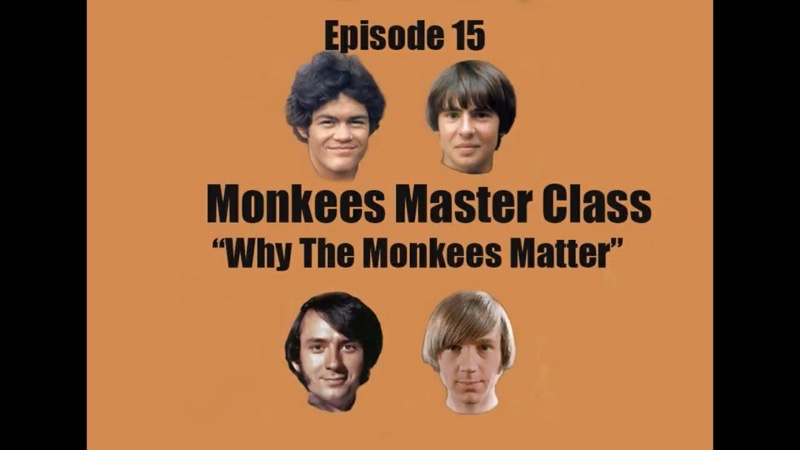Watch the entire video – Johnny D’s Rock n Roll PhD – Author Rosanne Welch “Why The Monkees Matter”
Get the book, Why The Monkees Matter , from Amazon, Bookshop.org, or McFarland
I had a great conversation about Why The Monkees Matter with the two hosts of “Johnny D’s Rock n Roll PhD”. Often, I speak with people who know the music more than the show – or the show more than the music. Here, both hosts had strong knowledge about both, and then we found out he shared the same top 1 songs as our favs.
Watch the video to learn about the many things the TV show taught us about friendship, going against authority and the patriarchy, and living a life full of passion for art above all things commerce – with lots of hidden nods toward the counter culture of the day (like rescuing a giant marijuana plant from misuse by supervillains who would corrupt its powerful fumes for evil). Yeah, they did a whole show about that!
A complete transcript is available here or on the YouTube Page
Podcast: Play in new window | Download
Subscribe: RSS
![Rosanne Talks “Why The Monkees Matter” on “Johnny D’s Rock n Roll PhD” Podcast [Video]](https://rosannewelch.com/wp-content/uploads/2025/06/monkees-thumbnail-1-1200x675.jpg)
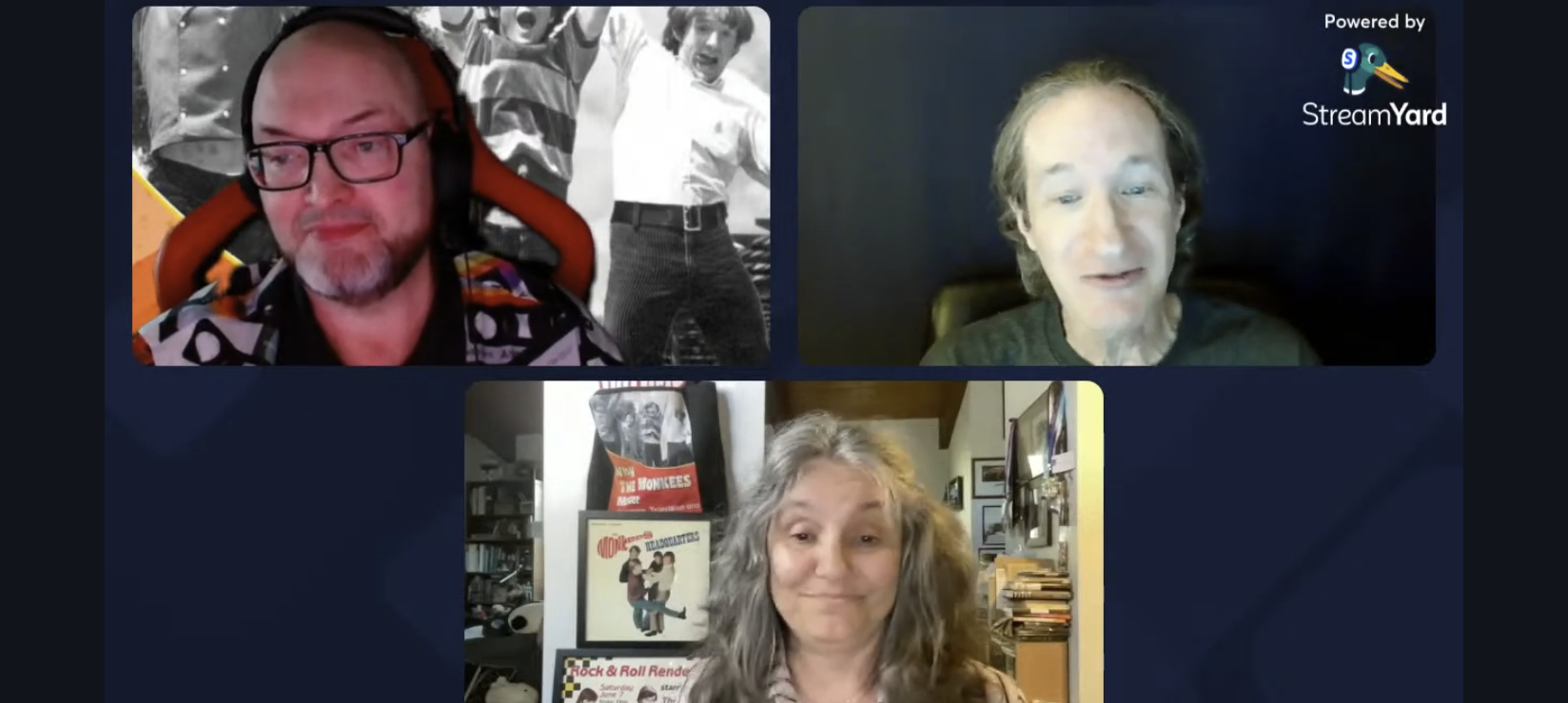
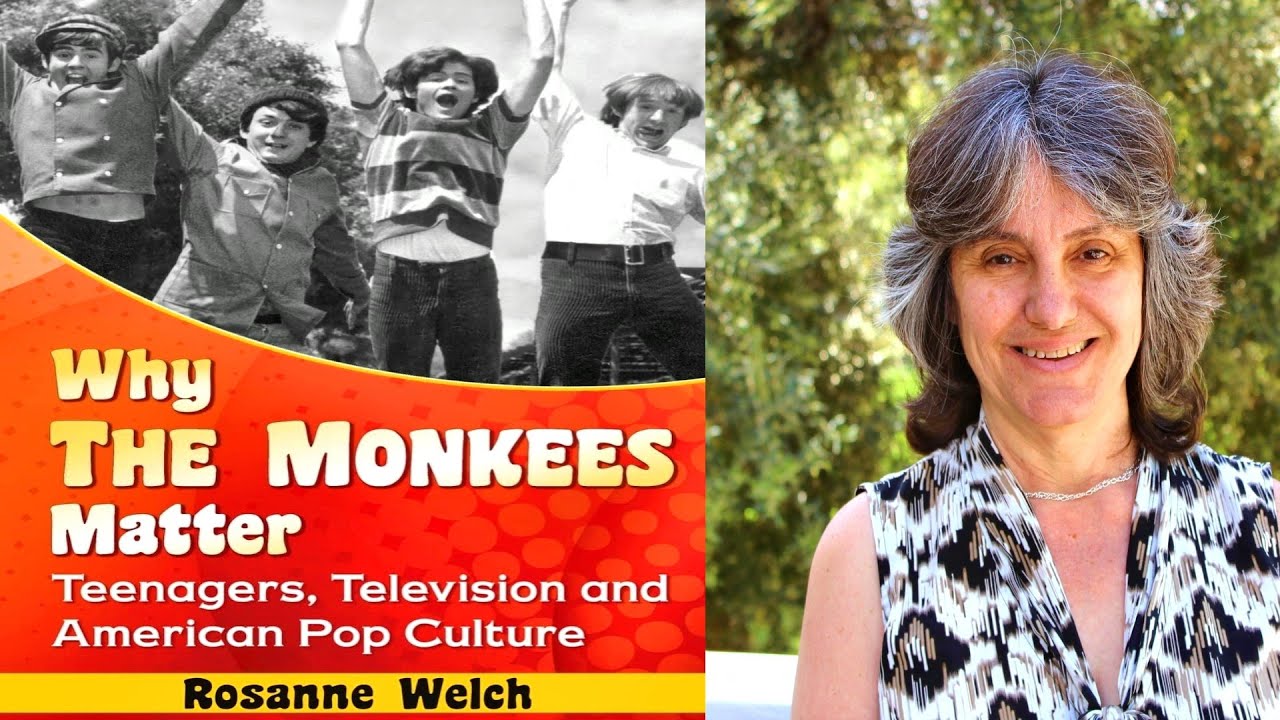
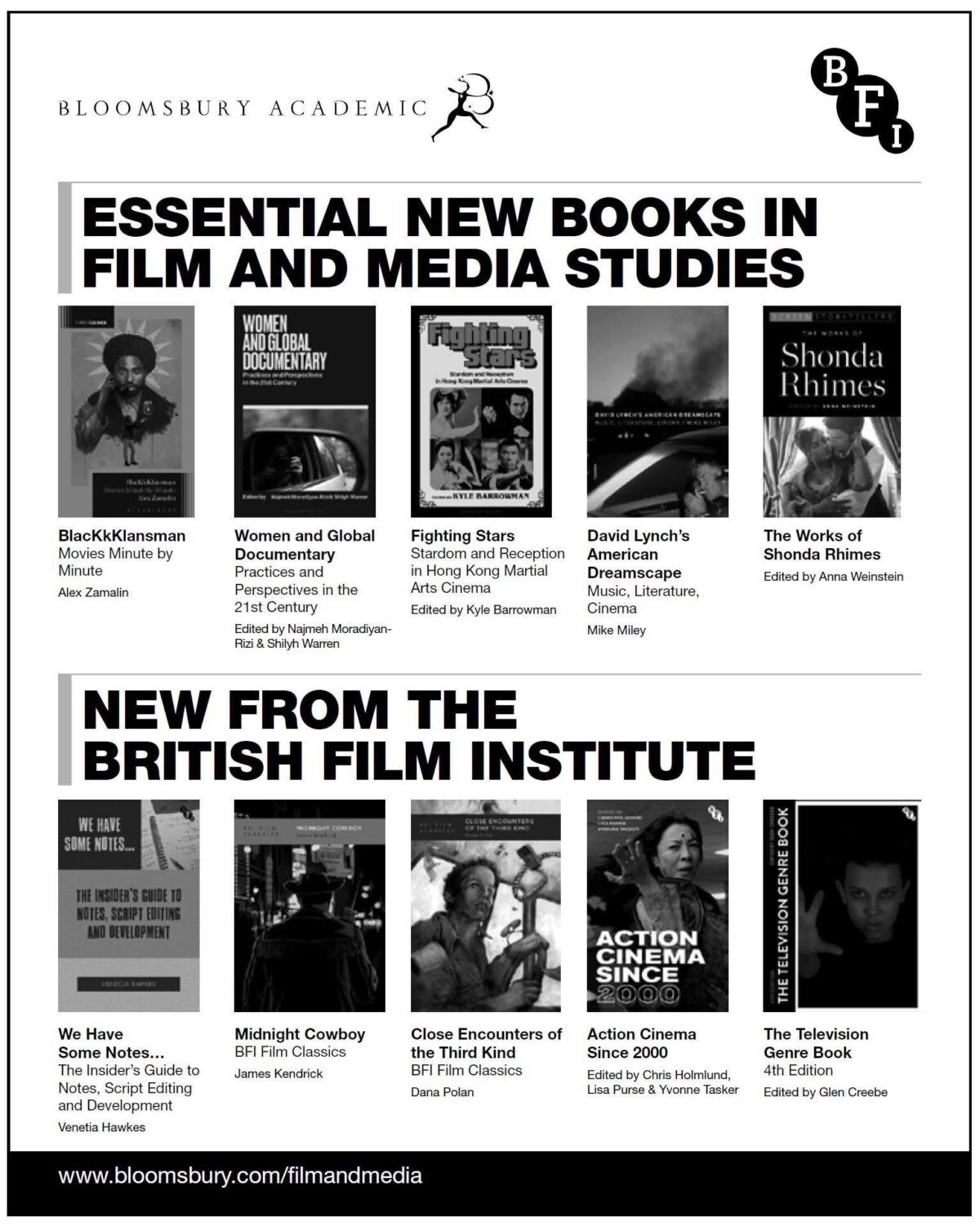
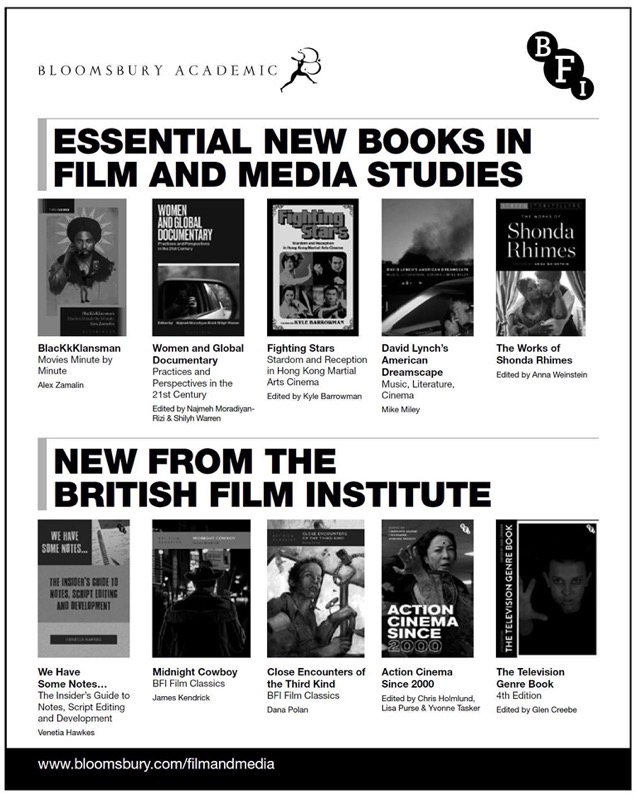
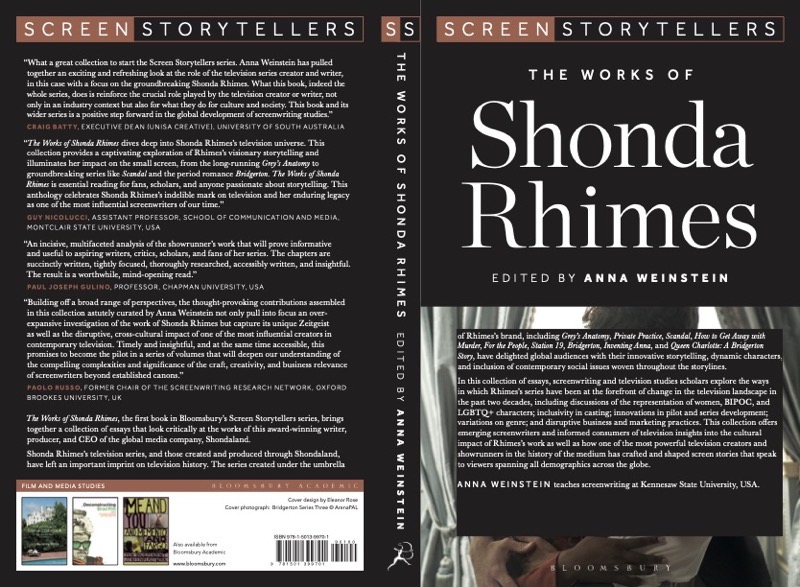
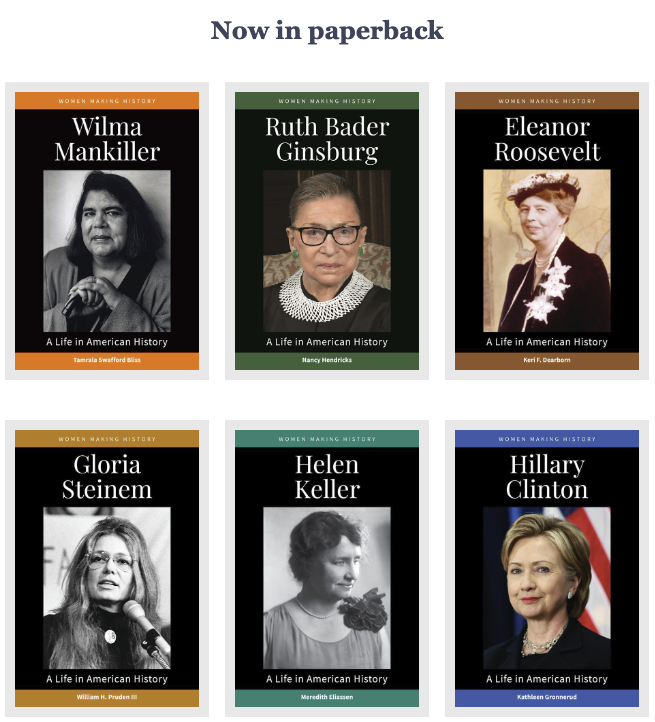
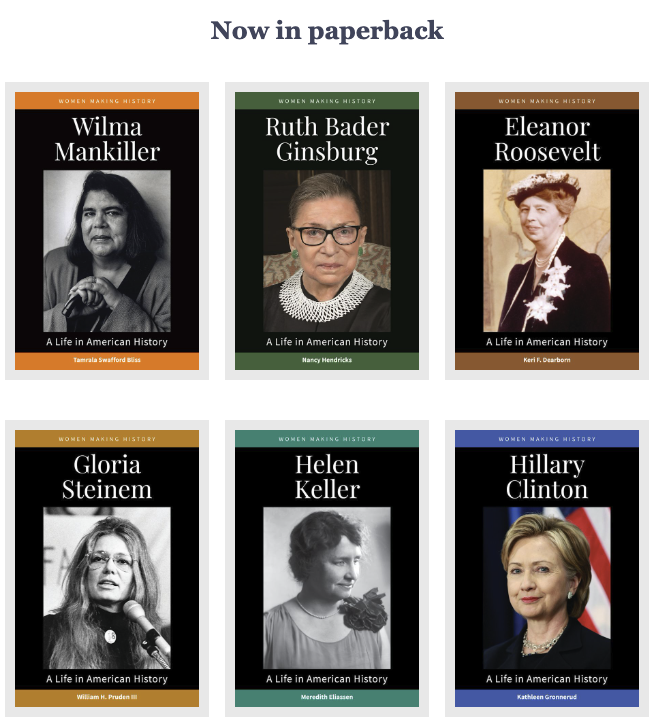

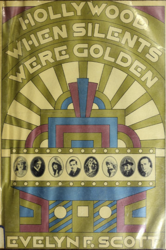
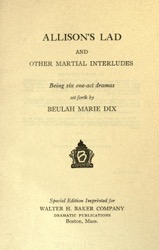
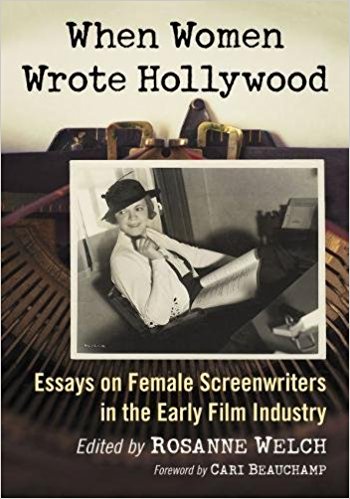
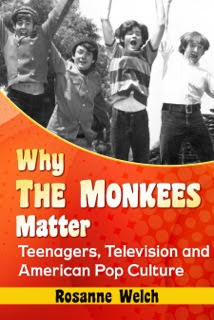




![My new book chapter in The Works of Shonda Rhimes from Bloomsbury [Book]](https://rosannewelch.com/wp-content/uploads/2024/11/works-shonda-rhimes-1.jpg)
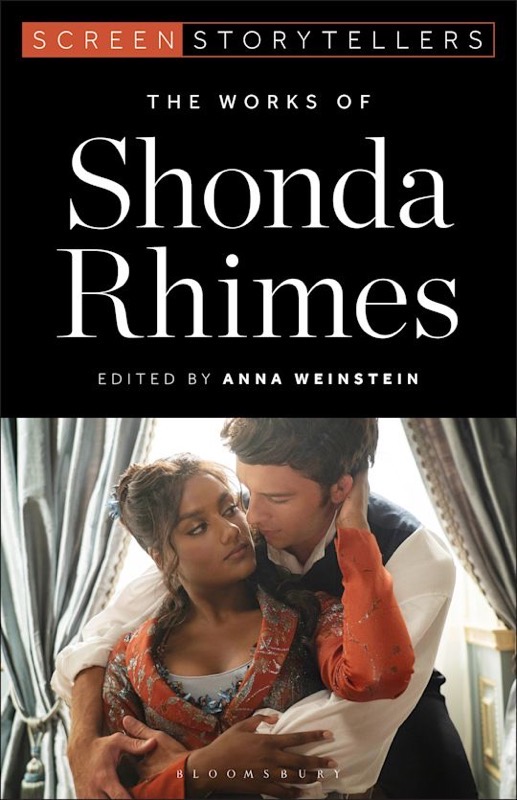
![The Literary References Doctor Who Has Introduced You To With Dr. Rosanne Welch– San Diego Who Con 2024 [Video]](https://rosannewelch.com/wp-content/uploads/2024/10/Slide1-1-1200x675.png)

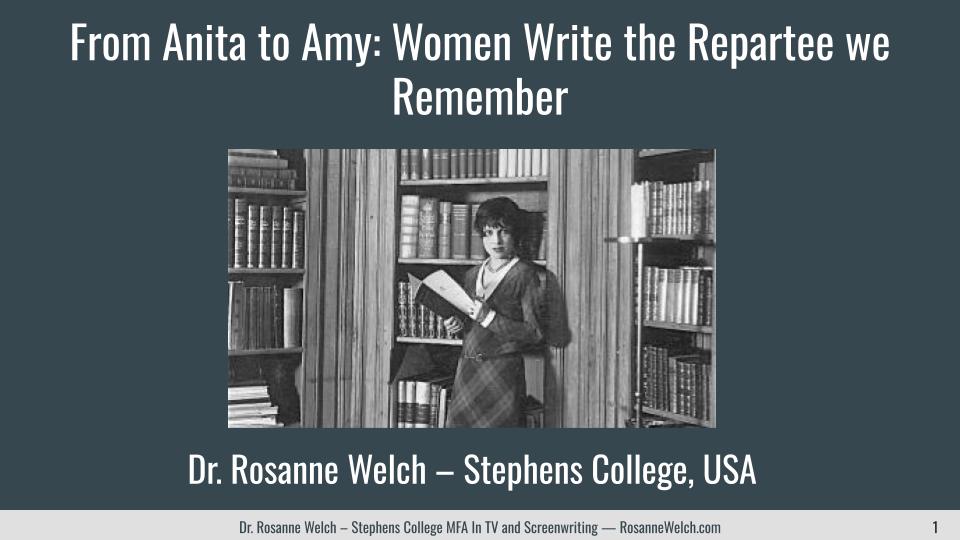
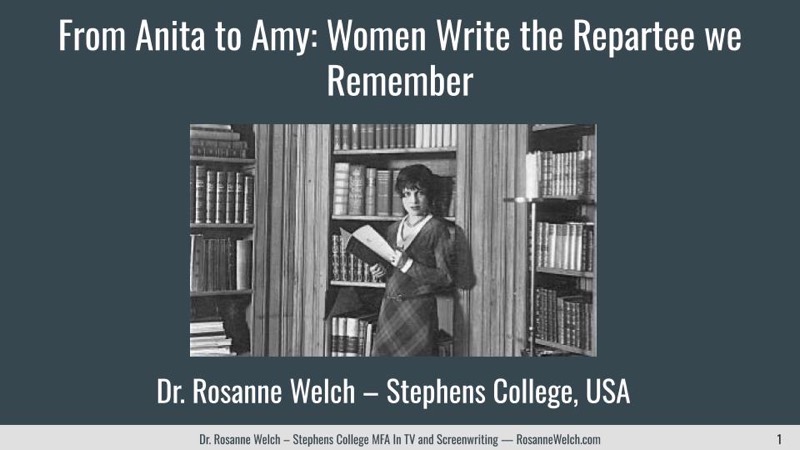
![The Monkees Pad Show – Ep 15- MONKEES MASTER CLASS – Why The Monkees Matter with Rosanne Welch and JoeR [Podcast]](https://rosannewelch.com/wp-content/uploads/2024/10/monkees-podcast-1-1200x675.jpg)
